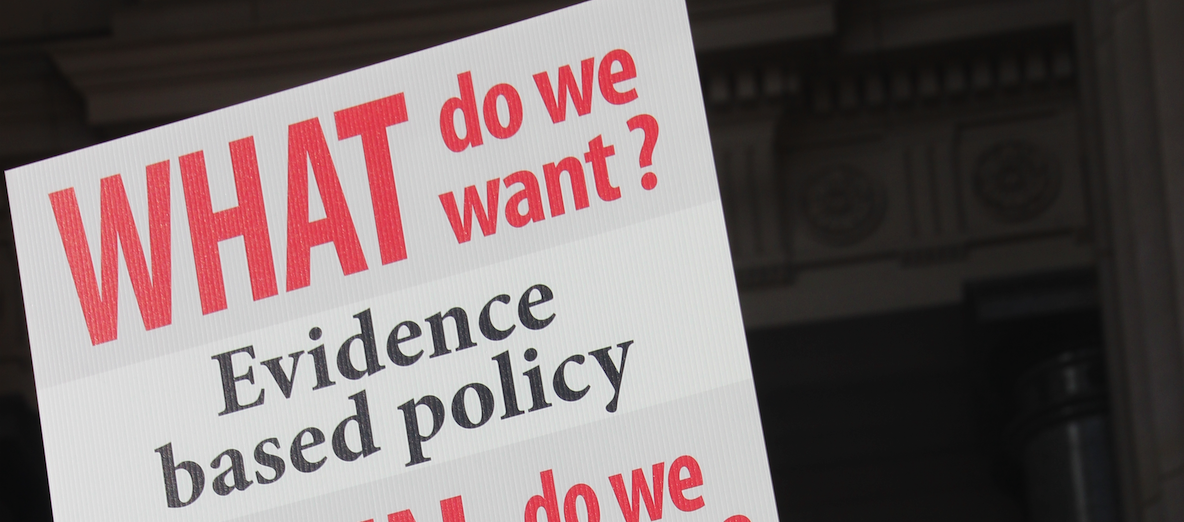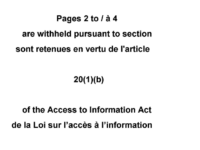As noted in yesterday’s post, Canadian Heritage Minister Pablo Rodriguez appeared before the Standing Committee on Canadian Heritage last Friday for one hour and walked away with a serious credibility problem. Friday’s hearing focused on two issues – the Laith Marouf/CMAC issue of government funding for an anti-semite and Bill C-18 – and Rodriguez faced credibility questions on both. While yesterday’s post focused on his responses to questions about Canadian Heritage funding for CMAC/Marouf, today’s addresses his misleading statements on the bill.
I’ve written extensively about some of the problems with Bill C-18. These include process concerns involving blocking dozens of witnesses from appearing before committee, benefit concerns based on Parliamentary Budget Officer estimates that the big winners are Bell, Rogers and the CBC, as well as substantive concerns that include the risks to the free flow of information online, risks of increased misinformation, and government intervention in an area that could undermine an independent press. But Rodriguez’s appearance last week raised new concerns about the government using misleading data and apparently having given little thought or study to the full implications of the bill.



![[explore] Facebook Notebook by Iker Merodio (CC BY-NC-ND 2.0) https://flic.kr/p/2341zX3](https://www.michaelgeist.ca/wp-content/uploads/2022/10/39415469772_b7840f5249_k-200x150.jpg)







